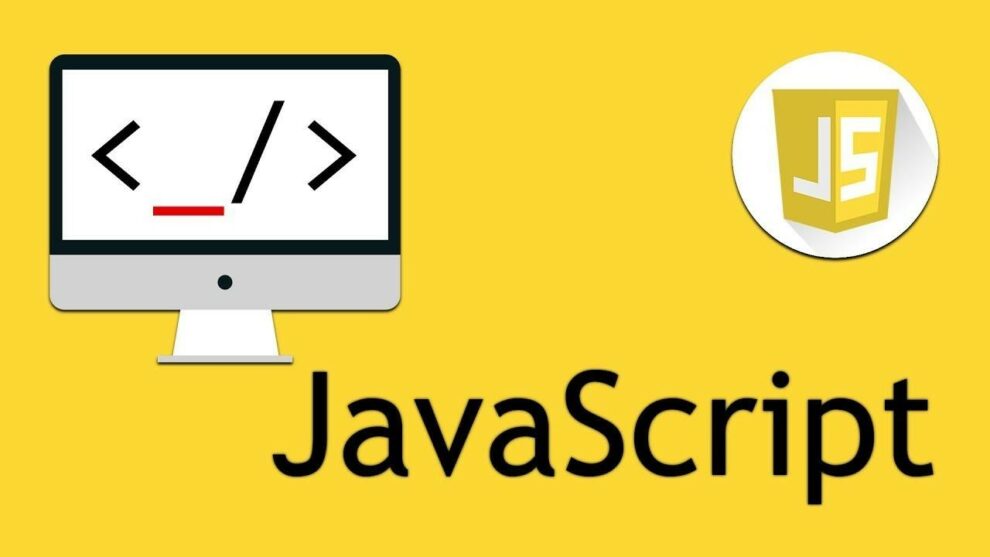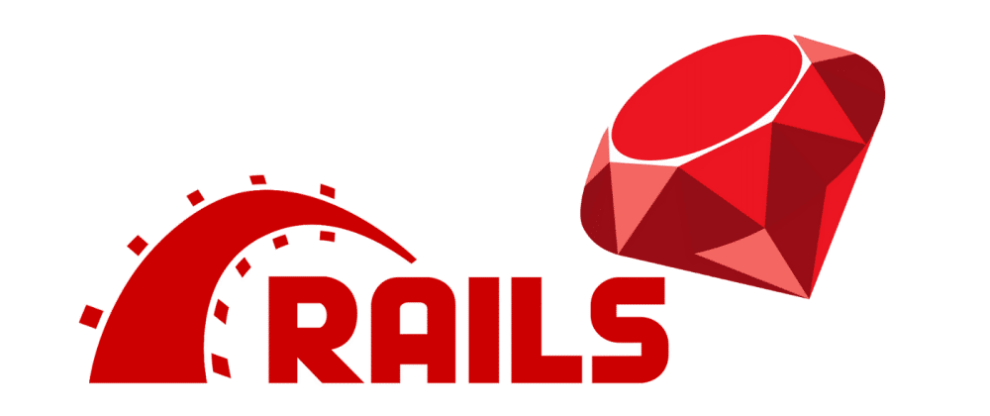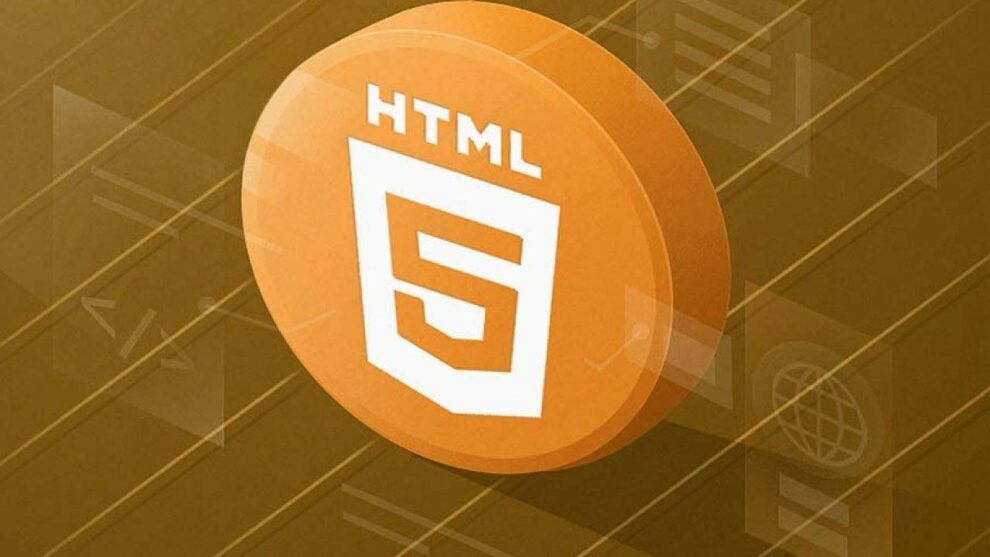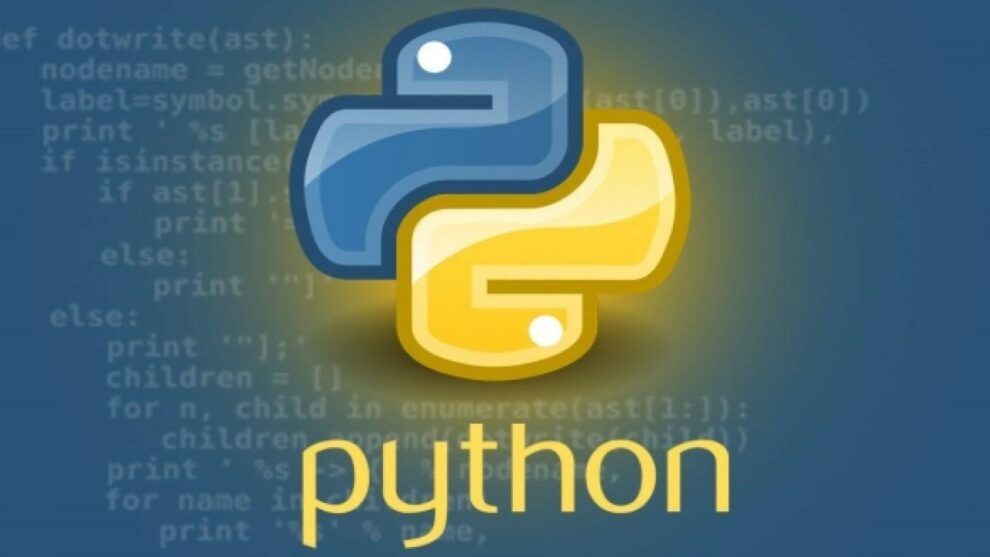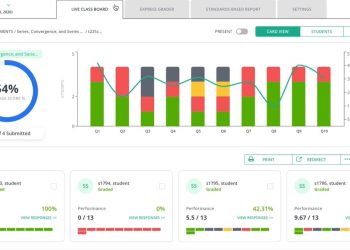Every day, lots of people decide to acquire new programming skills by mastering new programming languages. If you’re also set on learning the language that will help you hone your professional skills and, quite possibly, get a dream job, you want to make sure that the one you choose is robust and competitive enough. There are a slew of options at your disposal today. Some languages require extensive experience and a certain set of skills, while others can be mastered even by novice coders. Still, when it comes to picking a programming language, you should consider a whole lot of factors that can influence or even predetermine your choice.
Below are top five programming languages that help lots of IT specialists advance their career and keep abreast of the fast-changing market demands. Check them out right now to decide which best suits your needs and aligns with your current skills.
#1 JavaScript
It’s a rare coder that would be surprised to see this language on today’s list. JavaScript remains an unquestioned leader among all programming languages, and for good reason. If you go for JS, you won’t go unnoticed by hiring managers, especially if you’re looking for a job in the US.
The reasons behind JS’ popularity are manifold. If there is a need for a robust language that can quickly manage the behavior of web pages, JS is the first language they would opt for. JS is the best bet for creating interactive maps, clickable elements, motion graphics, and other dynamic elements. If you specialize in building websites, you can’t go wrong with JavaScript, especially if you have HTML and CSS skills under your belt.
JS is famed for its relatively shallow learning curve, top-notch usability, ubiquitous nature, and universality. With JS, you can create easily navigable and user-friendly websites, captivating browser games, and server applications. JS is also widely used for developing the back-end infrastructure with Node.js.
#2 Ruby on Rails
Technically, Ruby on Rails isn’t a full-fledged programming language. Yet, thanks to its outstanding features and versatile uses, Ruby on Rails has made its way into today’s list. What was initially a byproduct of DHH’s work is now known as one of the most effective and in-demand frameworks in the world of web development.
The reason behind Ruby on Rails development services popularity is quite obvious. This framework goes a long way in creating robust and fast web applications without much code, which allows saving time and development costs. No prior experience with programming languages is necessary. Ruby on Rails provides you with structure and other tools necessary to put together top-notch web solutions without spending much time configuring files. This all makes Ruby on Rails the best framework for rapid app development.
#3 HTML
HTML, or HyperText Markup Language, is another popular programming language that is widely used for designing web applications and web pages. Despite its complicated name, HTML isn’t that complicated when it comes to learning it. On the contrary, it doesn’t require extensive prior coding knowledge and is considered one of the most accessible languages in the market. This markup language has become important for web development. When used in tandem with JS and CSS, the language in question can effectively embed data between programs and help manipulate website layouts and the overall appearance of a web resource.
Though HTML doesn’t boast a versatile functionality, it is extensively used in web pages development, Internet navigation, web document creation, data entry support, and other fields. It’s also the best bet for creating responsive images on web pages and managing data on web clients.
#4 Python
Another in-demand and highly marketable programming language that should be mentioned on this list is Python. This high-level, general-purpose language is heavily used for analyzing and manipulating data. It’s also one of the best options for creating effective machine learning and artificial intelligence projects. Python is famed for its collection of flexible and versatile frameworks like Django and Flask. These tools enable you to create server-side code with less code. Using Python’s frameworks makes it easier to build, which includes things like mapping URLs to different chunks of Python code, dealing with databases, and generating HTML files users see in their browsers.
If you cannot put aside much time to learn a new language, don’t get frustrated. Python is fairly easy to learn and is ideal for beginner coders. What’s more, you won’t need to spend tons of time testing new code. Python’s libraries known for their interactive qualities allow you to test code as you go and detect errors in a timely manner.
#5 SQL
Looking for a great language that can help you manipulate databases? Make sure to add SQL to your catalog of must-learn languages.
SQL is geared towards locating and retrieving data from a specified database. This domain-specific language enables you to govern the work of databases and safely store various data types. For this outstanding ability, SQL was made a norm of the National Organization of Standardization.
With SQL, you can quickly create new databases, update previous data, and retrieve data. You can also modify and remove records whenever a need arises.
While SQL is highly functional, it is reported to be more effective when used with small and midsized databases.


